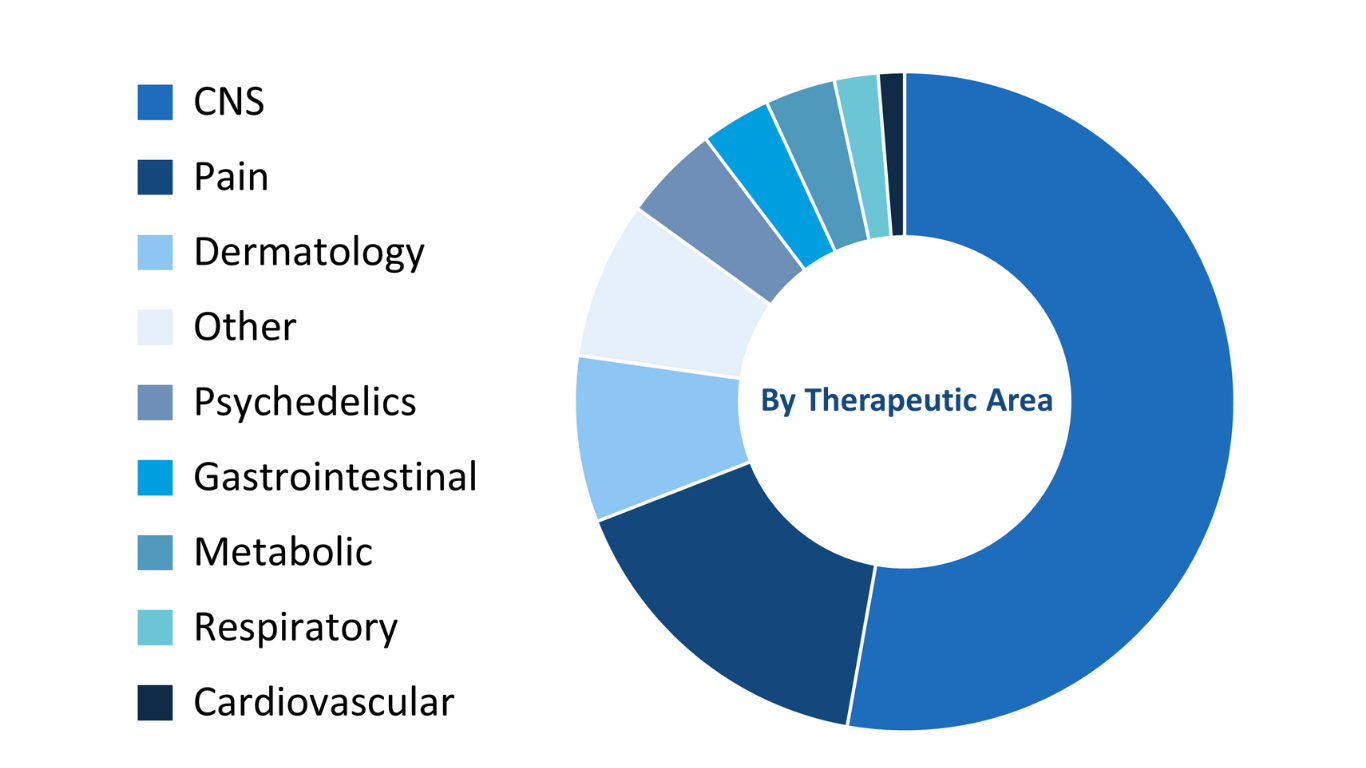
Abstract
Symptoms relating to spasticity are common in multiple sclerosis (MS) and can be difficult to treat. We have investigated the efficacy, safety and tolerability of a standardized oromucosal whole plant cannabis-based medicine (CBM) containing D-9 tetrahydrocannabinol (THC) and cannabidiol (CBD), upon spasticity in MS. A total of 189 subjects with definite MS and spasticity were randomized to receive daily doses of active preparation (n = 124) or placebo (n = 65) in a double blind study over 6 weeks. The primary endpoint was the change in a daily subject-recorded Numerical Rating Scale of spasticity. Secondary endpoints included a measure of spasticity (Ashworth Score) and a subjective measure of spasm. The primary efficacy analysis on the intention to treat (ITT) population (n = 184) showed the active preparation to be significantly superior (P = 0.048). Secondary efficacy measures were all in favour of active preparation but did not achieve statistical significance. The responder analysis favoured active preparation, 40% of subjects achieved >30% benefit (P = 0.014). Eight withdrawals were attributed to adverse events (AEs); six were on active preparation and two on placebo. We conclude that this CBM may represent a useful new agent for treatment of the symptomatic relief of spasticity in MS.









